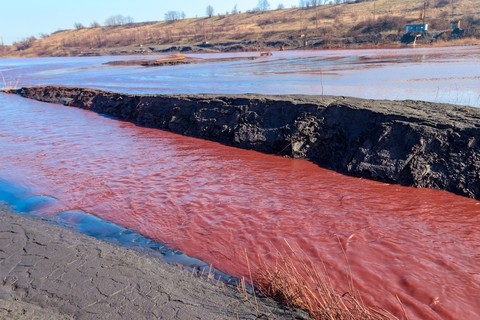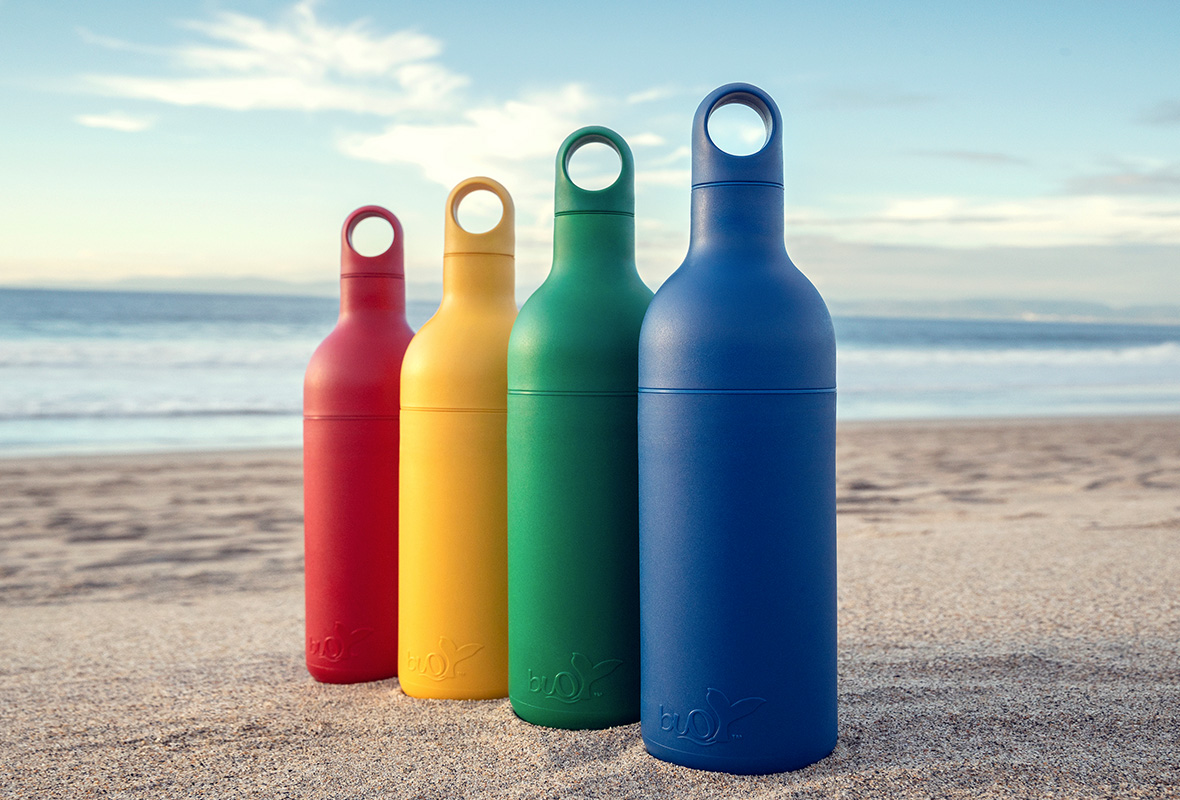In the interest of giving readers the value of understanding both sides of this discussion without having to search out the opposing point of view elsewhere, I want to start this installment by giving the best version I can of the “steel man” argument for stainless steel, pun not intended: If you use the most […]
Author Archives: Adrian Colesberry
It is now common knowledge that plastic producers cynically pushed recycling as a way of alleviating consumer concerns about the amount of waste they were creating. Curbside recycling fostered this delusion that everything we threw away was being put into service somewhere for someone, but it wasn’t. The public exposure of the 50-year-old lie of […]
There’s an often repeated stat about microplastics that says we consume a credit card’s worth of plastic every week. You read other articlessaying that plastic is toxic. Both of these things can’t be true at the same time or we’d be dead. But there is truth in the claims about the endocrine effects of specific […]
In installment one, here, we looked at how the processes of life and the characteristics of geology work together to produce petroleum, pictured below. Petroleum / Oil To make chemicals, refineries break that big petroleum molecule down to more manageable building blocks. Two of the most important building blocks for plastics are Ethane and Propane. […]
Part of our mission at Buoy is to educate the public about the science and ecological impact of plastics, with the goal of giving people a way to navigate the good and the bad of plastics in their daily lives. In the course of answering people’s questions about why we’ve chosen to make our products […]


